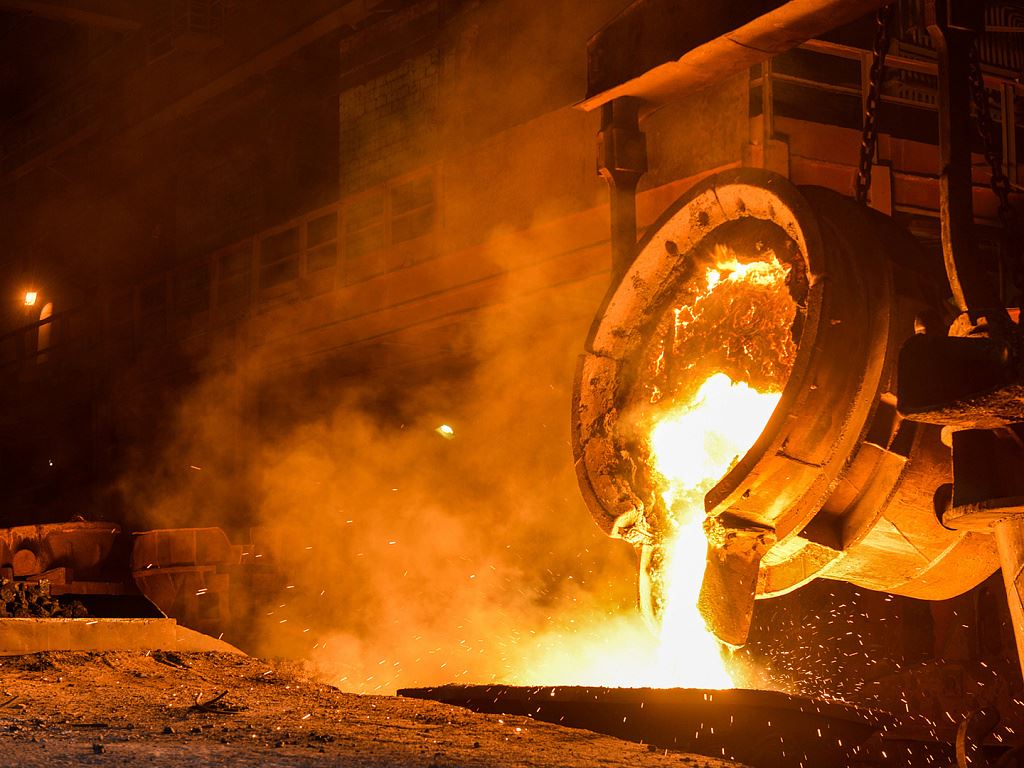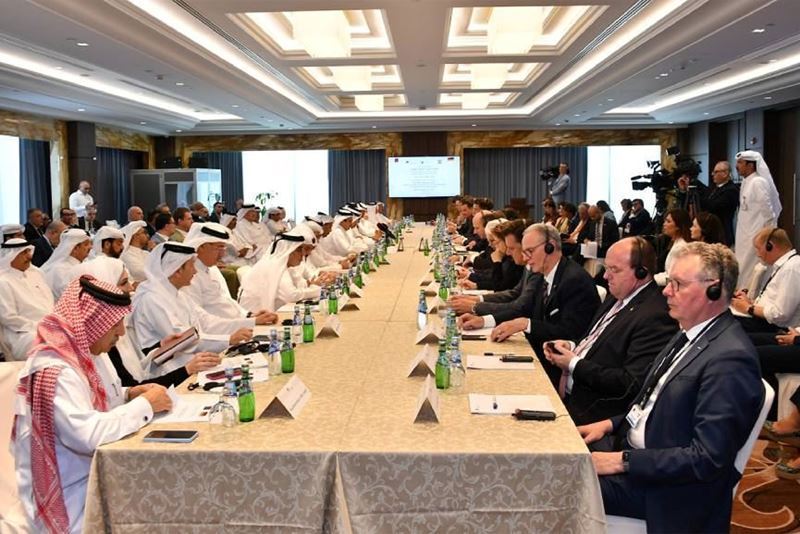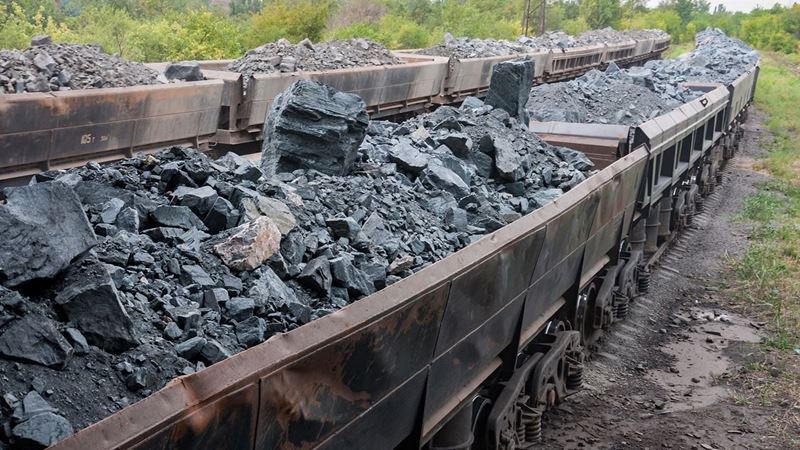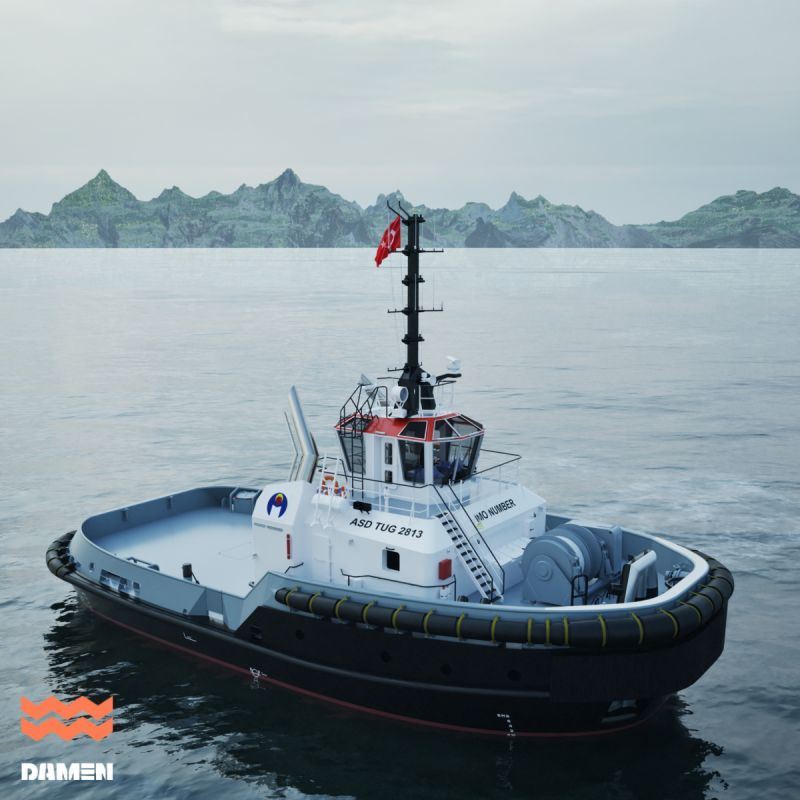The decline is mainly due to weak demand in the construction and manufacturing industries. In June, production fell by 4.2% year-on-year to 7.02 million tons, representing the fourth consecutive monthly decline.
The JISF report shows that high material prices and labor shortages have led to the postponement or reassessment of construction projects, resulting in noticeable stagnation in both the construction and engineering sectors. In May, orders for construction steel accounted for 58% of total normal steel consumption in Japan.
In June, the average daily crude steel production was 234,000 tons. This represents an approximate increase of 3,000 tons compared to May, although the annual production volume remained at around 85 million tons.
Looking at the individual production processes, crude steel production in the blast furnace converter process fell by 3.7% year-on-year to 5.13 million tons in June. In contrast, crude steel production in the electric arc furnace (EAF) rose by 5.5% year-on-year to 1.9 million tons, although this represents the third annual decline in a row. The slight increase in EAF production (0.6%) compared to May is due to the fact that the mini steelworks increased their stocks before the usual summer maintenance shutdowns.
Broken down by steel grade, normal steel production in June fell by 3.6% year-on-year to 5.48 million tons. Production of special steel also fell by 6.2% year-on-year to 1.54 million tons, with both categories recording a year-on-year decline for the fourth month in a row.
The decline in special steel production led to an overall fall of 2.6% to 7.6 million tons in the period from January to June. Demand for special steel products, which are primarily used in the automotive industry, fell due to problems related to quality and certification fraud.











Comments
No comment yet.